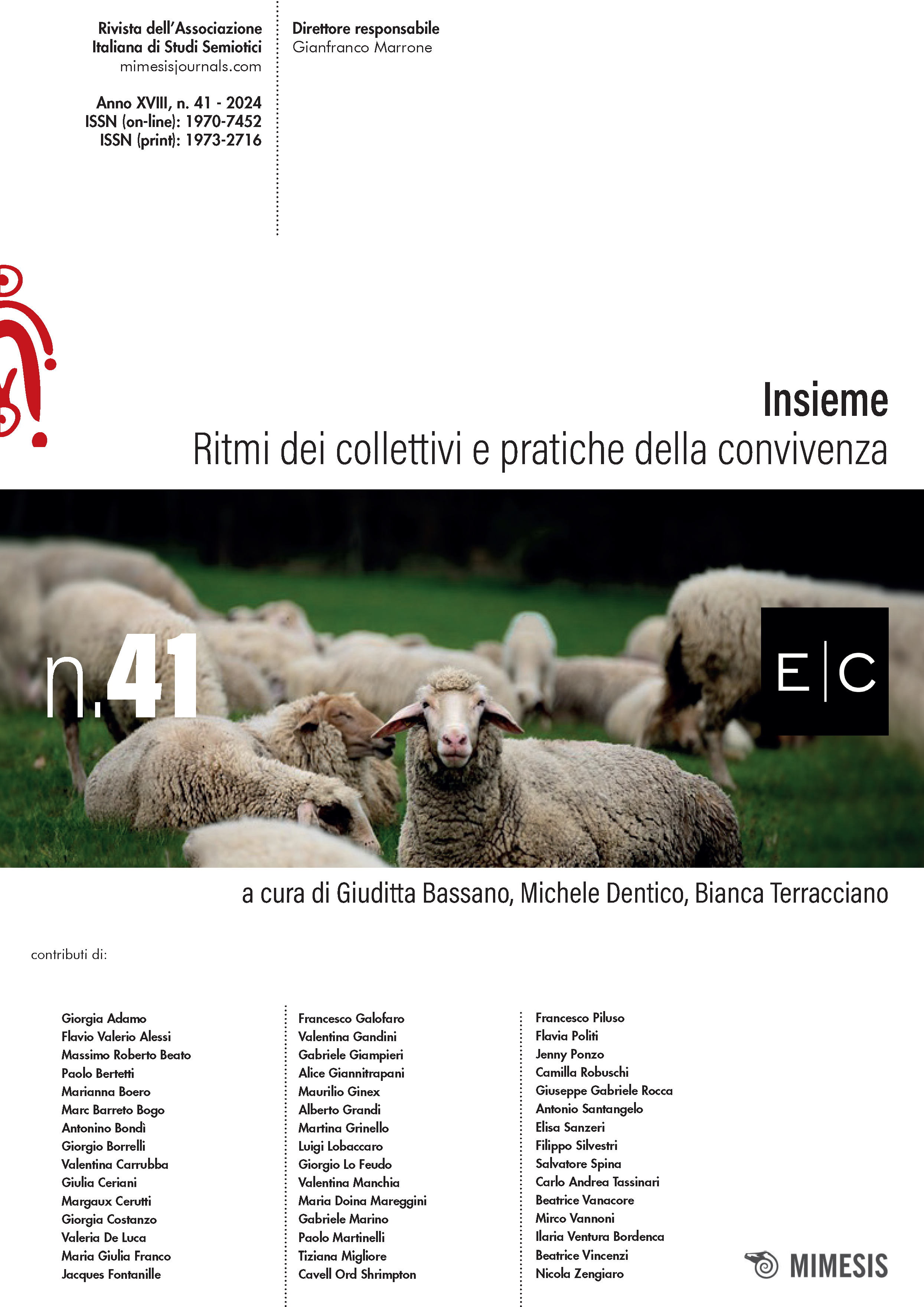Writing the Encyclopaedia. Skills and Negotiating Meaning in Digital Communities
Abstract
The open policies of participatory culture in the digital information society periodically foster new forms of collective knowledge construction, from which new communities of practice emerge, constituting the primary subject of this analysis. A precise epistemological attitude has distinguished each of these digital communities, exemplified by the creation of large collaborative tools. Consider Wikipedia, fueled by the laborious sense-making of human intelligence, whose accuracy is ensured by a minimum level of regulatory interaction. In a more recent and opposite case, a different epistemological attitude has inaugurated modes of production inaccessible to human cognition, characterized by data scraping and the construction of universal knowledge. This is what Fabbri called “quantophrenia,” a power system that decrees by edict that meaning can be accessed through the laws of large numbers (large language models), bypassing human syntactic capability through self-proclaimed generative artificial intelligence.
The aim of the analysis we propose is therefore to shed light on the epistemological work of digital communities, particularly on the objectification of the encyclopedia, a regulatory hypothesis that takes shape in the set of skills necessary for its members to function within the community.



